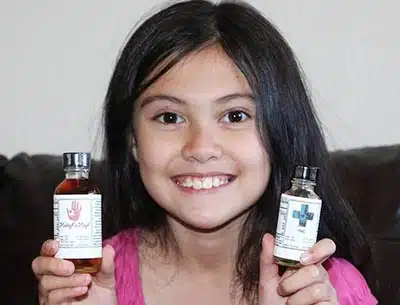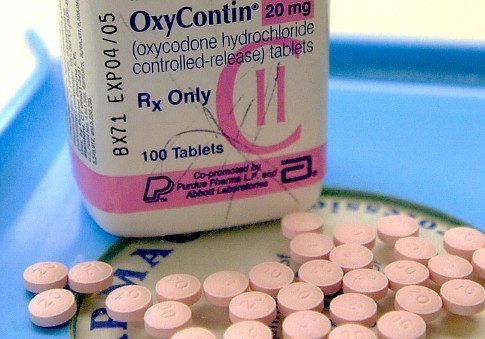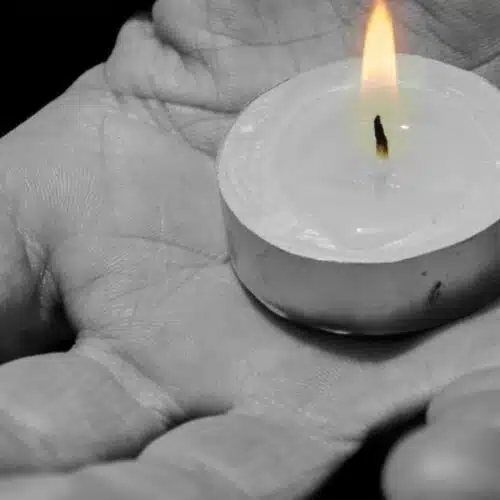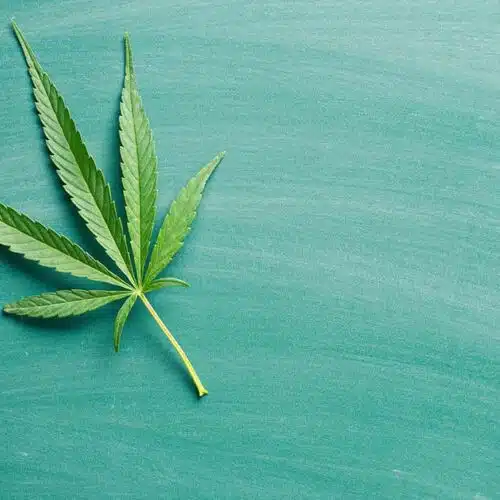Politicians and cannabis have had a rocky relationship at best. While there have been legislators who have fought hard to promote the valued medicinal properties of cannabis, there are far more politicians in Washington and around the country who to this day continue to release inaccurate information. Recently, the Chris Christie-led Presidential Commission on Combating Drug Addiction and the Opioid Crisis released it’s findings about medical marijuana’s role in treating those addicted to opioids.
Chris Christie Continues To Push Anti-Marijuana Policies
The commission of which Chris Christie is the chair believes that the legalization of cannabis would lead to addiction amongst users of cannabis products. In their argument, they reference the opioid addiction boom in the early 2000’s. In the report released days ago, Christie stated that, “there is a lack of sophisticated outcome data on dose, potency and abuse potential for marijuana.” Christie went on, “the Commission urges that the same mistake is not made with the uninformed rush to put another drug legally on the market in the midst of an overdose epidemic.”
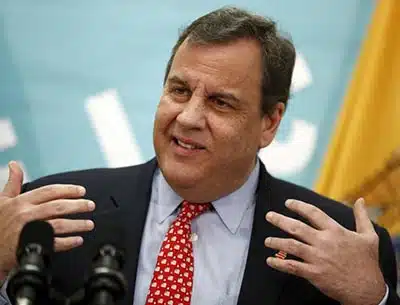
In Christie’s remarks, no mention was made of the mounting evidence suggesting medical marijuana legalization is one way to help treat the opioid crisis affecting America. Evidence suggests that medical cannabis legalization lowers opioid hospitalization rates by nearly 25% and opioid overdoses by 13%.
The only actual statistic related to cannabis consumption that Christie addresses is the National Institute of Health’s claim that cannabis users are twice as likely to become addicted than non-users. This was a small scale study and did not take into account the differences between those who use cannabis recreationally and medically.
Christie and his commission worked hard to avoid mention of any evidence suggesting cannabis is an effective alternative to traditional medical treatments. In an effort to counteract the clear denial of facts by some politicians, those who do use medical cannabis to treat opioid addiction or other serious conditions will continue to make their voices heard publicly.
12 Year Old With Epilepsy Sues Attorney General Jeff Sessions
In an effort to fight anti-cannabis propaganda, 12 year old Alexis Bortell has filed a lawsuit against Jeff Sessions claiming the federal prohibition of cannabis is unconstitutional. Bortell has epilepsy and uses a specific high THC strain of cannabis to treat the unpredictable seizures brought upon by the condition. Bortell and her family moved to Colorado from Texas in order to gain access to the medicine she so desperately needs. There were few traditional treatment options that worked for Bortell, and as she says, using cannabis “is a lot better than brain surgery.” She wants cannabis to be legalized federally so that she can return to Texas to visit family. Currently, Bortell cannot make the trip with her medicine as cannabis is illegal in Texas. Bortell’s attorney called cannabis’ inclusion in the Controlled Substances Act both “unconstitutional and irrational.”
Conversation About Marijuana Policies In United States Is Ramping Up
Bortell was joined by a military veteran, a marijuana advocacy group and ex-Denver Broncos player Marvin Washington, KDVR reports. While the lawsuit will generate a national conversation about the illegality of cannabis, it is unlikely that it will have any legislative impact.
Whether it be politicians discussing its suitability as a treatment option or children suing the federal government to gain access to it, the dialogue surrounding cannabis is garnering more attention nationally. 62% of Americans have access to cannabis in some way, shape, or form. Yet many, like Alexis Bortell, still need legal access to cannabis nationally.
